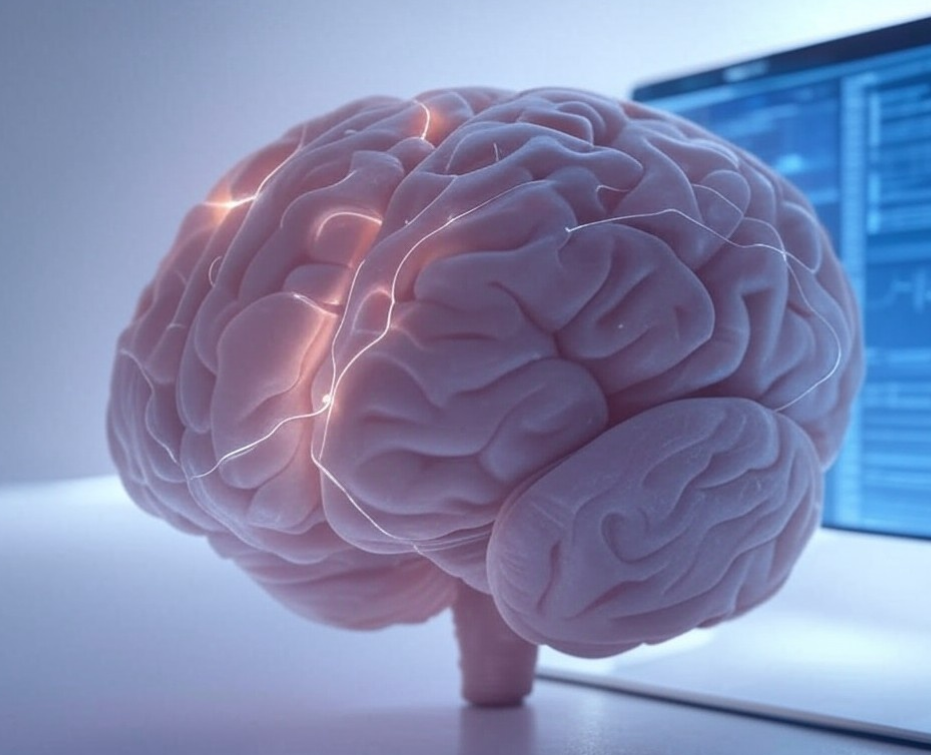Neurodivergence and Porn Viewing: Understanding ADHD, Autism, and OCD
Understanding Neurodivergence and Pornography Use
Many individuals struggle with unwanted pornography viewing without fully understanding the underlying reasons behind their behavior. One critical but often overlooked factor is neurodivergence—a term that includes conditions such as ADHD, Autism, and OCD.
For those who are neurodivergent, pornography can serve as a coping mechanism for deeper needs related to structure, predictability, and focus. By recognizing these patterns, individuals can gain insight into their behaviors and take meaningful steps toward change.
Why Neurodivergent Individuals May Struggle with Pornography Use
1. The Appeal of Predictability and Control
Many neurodivergent individuals prefer structured, controlled environments where they can limit unexpected stimuli. Pornography provides:
- A predictable and controlled experience.
- An online setting with no social pressure or need to mask behaviors.
- Freedom from interpreting facial expressions, tone, or social cues that may feel overwhelming.
For those with Autism or OCD, this sense of predictability and repetition can make pornography an appealing escape.
2. Hyperfocus and Deep-Dive Research
- Individuals with Autism and ADHD often have intense curiosity about specific topics.
- They may hyperfocus on certain interests, researching them extensively.
- Because pornography offers endless variety, it can become an area of deep exploration, aligning with their natural tendencies.
3. Struggles with Executive Functioning
- People with ADHD and Autism can struggle with starting and stopping activities.
- Once engaged in an activity that is pleasurable, shifting focus can be difficult.
- Pornography provides an easily accessible and engaging experience that can be hard to regulate.
This challenge with self-regulation can make compulsive viewing more likely for neurodivergent individuals.

Breaking the Cycle: Understanding Your Triggers
Identifying whether neurodivergence plays a role in your pornography use is a critical step toward meaningful change. Some helpful self-reflection questions include:
- Do I turn to pornography when I feel overwhelmed by social interactions?
- Do I struggle with controlling my focus and attention in other areas of life?
- Does viewing pornography feel like a structured, controlled escape from daily challenges?
Recognizing these patterns allows individuals to develop alternative coping strategies that address their needs without relying on pornography.
LEARN MORE: How Boredom Drives Porn Viewing
Next Steps: Seeking Support and Understanding
For many, better understanding neurodivergence is the key to lasting change in their relationship with pornography. If you suspect ADHD, Autism, or OCD may be influencing your behavior, consider:
- Educational resources on neurodivergence and compulsive behaviors.
- Therapeutic assessments for Autism or ADHD to gain a deeper understanding of your traits.
- Support programs like Life After Pornography, which focuses on values-based decision-making rather than urge control.

It’s Not Just About Willpower
Unwanted pornography viewing is not just about willpower—it’s often about underlying neurological patterns. By recognizing how neurodivergence plays a role, individuals can develop healthier coping mechanisms and reclaim control over their behaviors.
If you’re interested in learning more about neurodivergence and its impact on behavior, explore available resources and consider a professional assessment with Dr. Cameron Staley to better understand your unique brain and how it influences your choices.
Are you ready to explore a new path toward overcoming pornography addiction? Learn more about our LifeAfterPornography program. Discover how mindfulness, self-awareness, and evidence-based strategies can help you break free from the cycle and regain control of your life.
Want To Dive Deeper Into Why You View Porn?
We’ve created a 10-part video series, “Why You View Porn,” where Dr. Cameron Staley explores the most common reasons people struggle with unwanted pornography viewing. From shame and habit to stress, boredom, and neurodivergence, each video breaks down the patterns behind your urges and provides research-backed insights to help you make real, lasting changes.
📺 Watch the full series on YouTube here.
If you find these videos helpful, consider sharing them with others who might benefit from them. The more we understand, the easier it becomes to take control of our choices.







